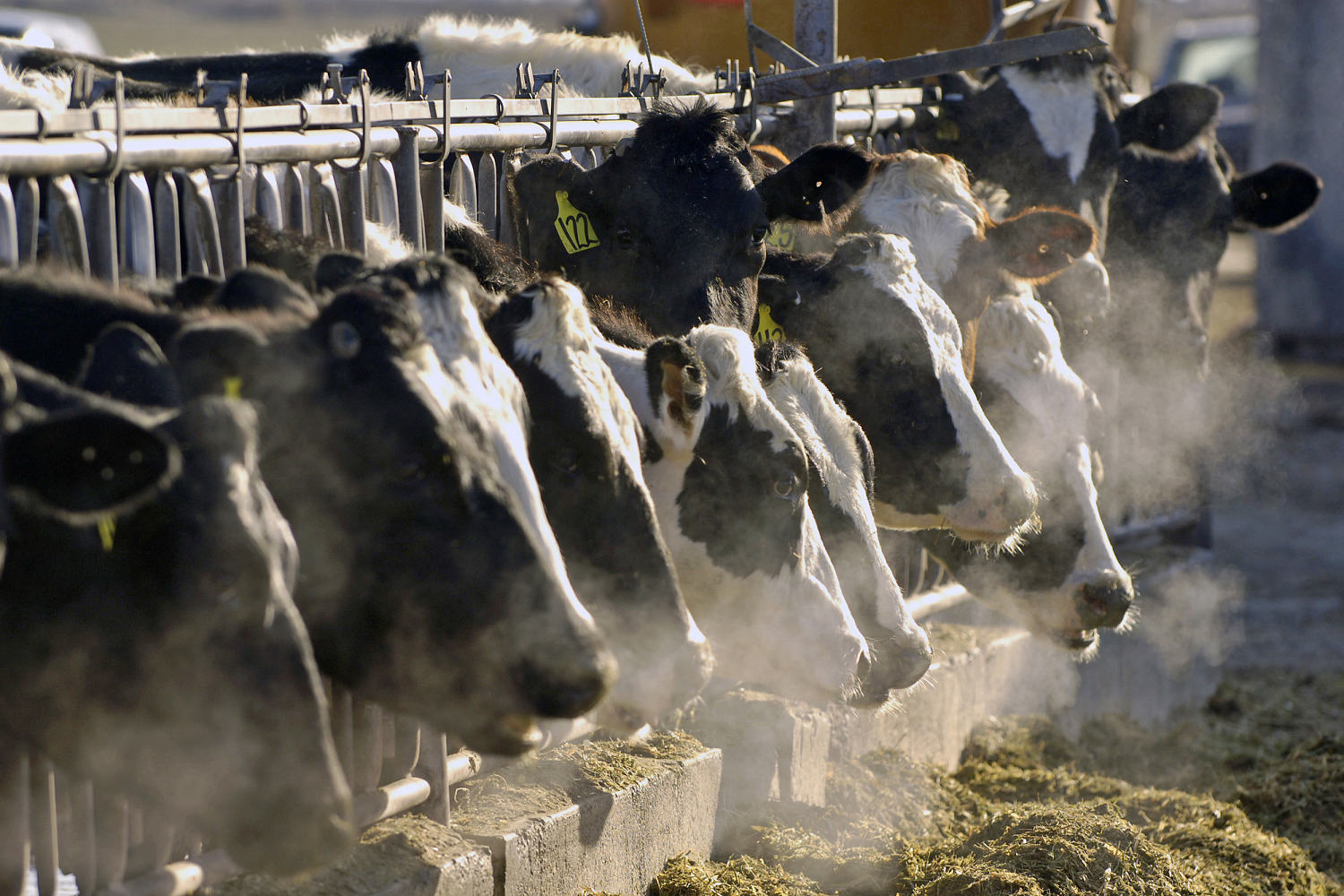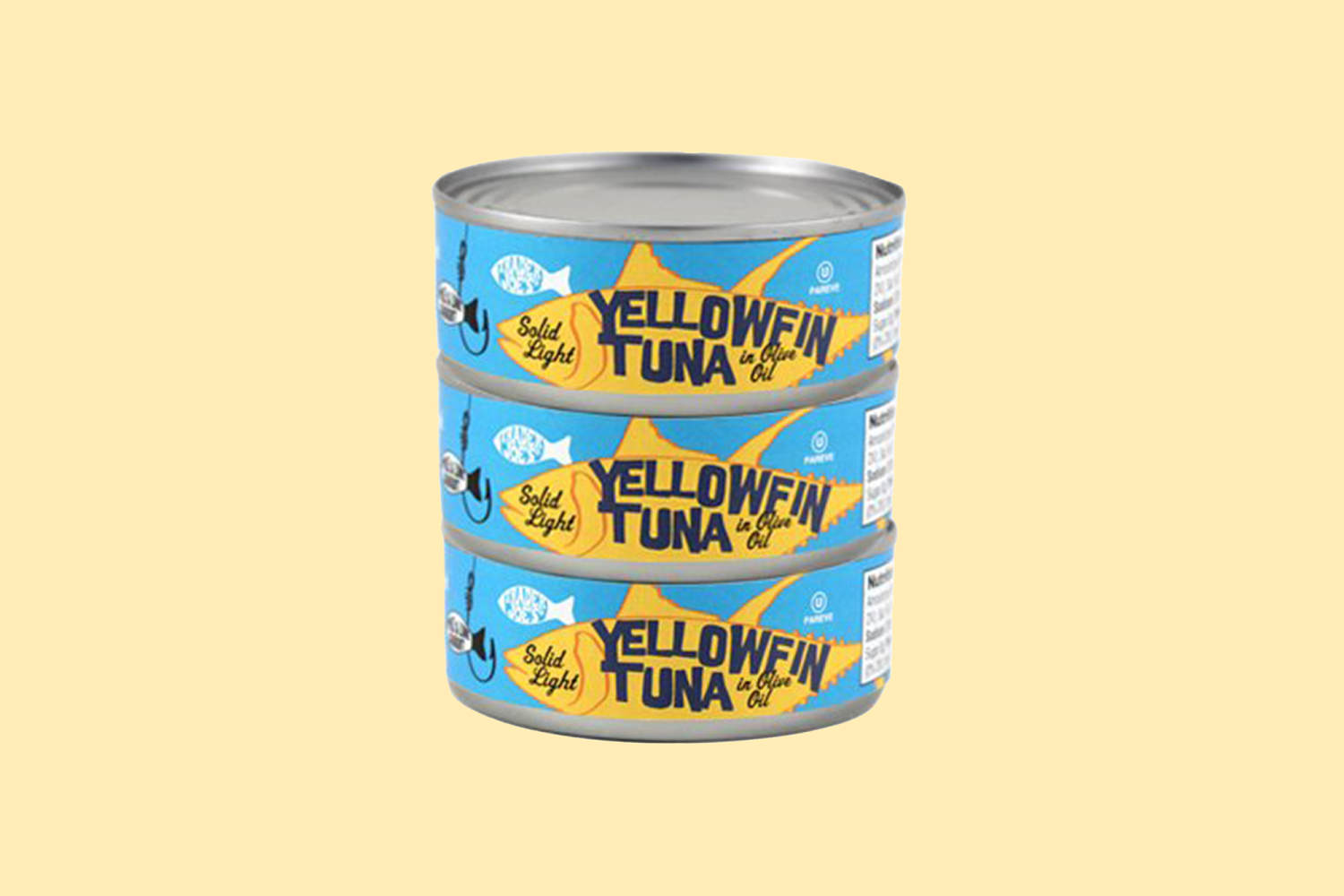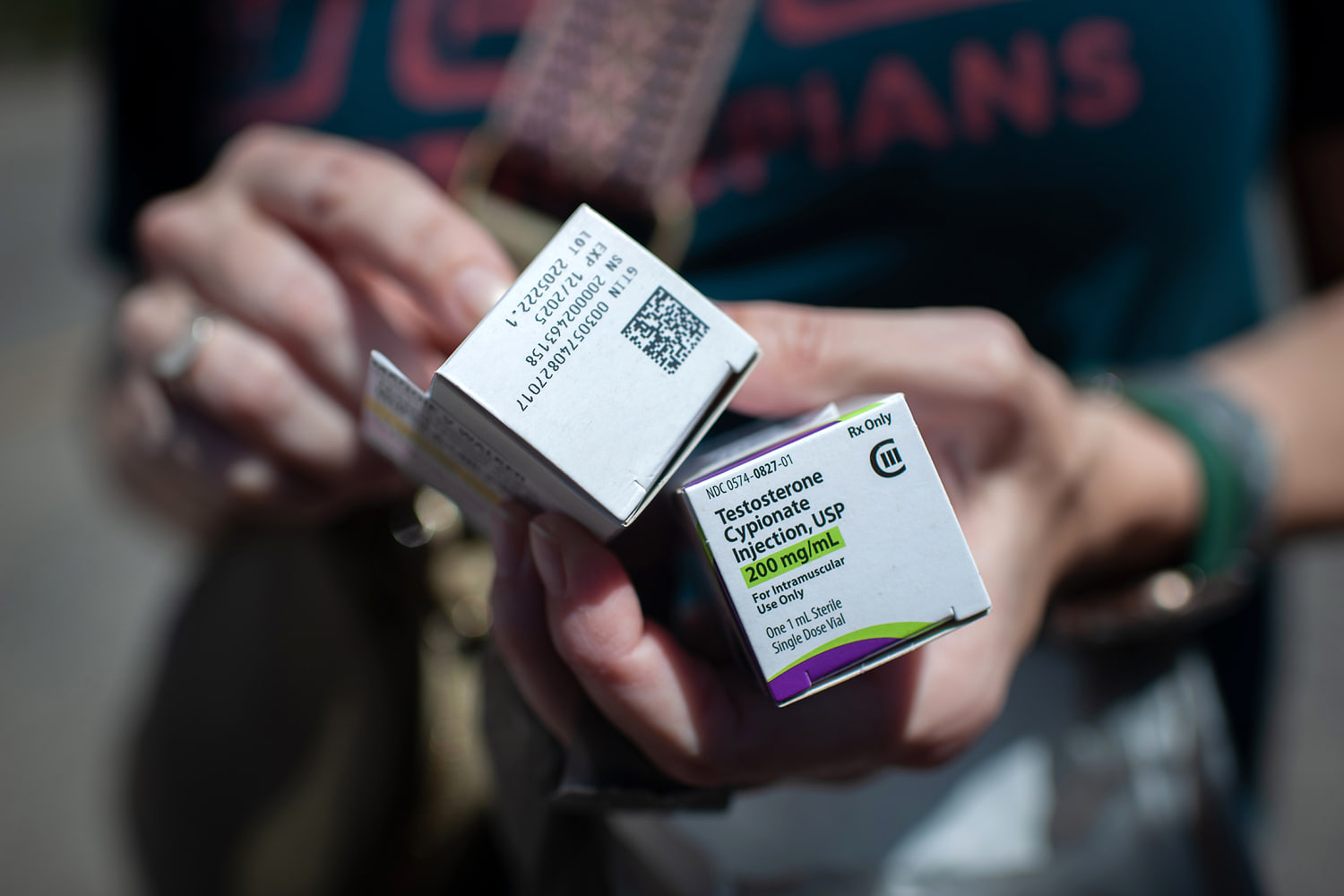— OPiNION — More than 80 percent of consumers are worried about food recalls. It’s understandable – recent widespread, highly publicized food recalls involving deli meats, cucumbers, onions, frozen waffles, and more have created confusion and frustration. Compounding the problem, recall communication is known for being slow, unclear and incomplete…. Continue Reading For Consumers, Opinion & Contributed Articles, consumers, Recall InfoLink, recalls Food Safety News
— OPiNION —
More than 80 percent of consumers are worried about food recalls. It’s understandable – recent widespread, highly publicized food recalls involving deli meats, cucumbers, onions, frozen waffles, and more have created confusion and frustration.
Compounding the problem, recall communication is known for being slow, unclear and incomplete. Consumers are increasingly voicing concern about the unaddressed issues that continue to impact public health.
The bad news is that as supply chain complexities continue to grow, so do the challenges of recalls. The good news is that consumers are not powerless. In fact, their voices can drive meaningful changes in the way the food industry and regulatory agencies approach recalls.
Overcoming recall communication challenges
It’s widely agreed that the industry needs to address some major gaps that affect recall communications. The lack of a standardized recall process makes it hard to share information between companies. As a result, consumers, the media, and other essential audiences often don’t get timely information to help them protect the public.
Additionally, communication delays between agencies, companies, and consumers leave dangerous products on shelves longer than they should be, increasing public health risks.
Unclear recall notices make it difficult for companies to act quickly – and for consumers to understand what products are affected. Without clear guidance, consumers are left to navigate a confusing process on their own.
Championing for positive change
Consumer voices put pressure on companies to address known issues in the recall process that continually put the public and brands at risk.
On the agency side, the FDA included recall modernization in its 2020 Blueprint for a New Era of Smarter Food Safety and, in December 2024, named recall modernization on its 2025 list of priorities. The USDA has also been evaluating its recall administrative process.
Advocacy organizations are seeking to address the frustrations voiced by consumers, ensuring their concerns are central to recall system improvements. STOP Foodborne Illness, for instance, is leading efforts to modernize food recall messaging with Dr. William Hallman, a distinguished expert in risk communication and former chair of the FDA’s Risk Communication Advisory Committee, taking an active role. The organization is testing new recall templates to find the most effective ways to inform and motivate consumers, and is pushing for the FDA to adopt clearer and more transparent recall classification criteria.
The Alliance for Recall Ready Communities (ARRC) is uniting major organizations across the food industry to establish stronger recall practices. Its models will equip companies to use standard data and processes that will elevate and accelerate recall communications. It is also encouraging companies to work collaboratively across the supply chain to expedite information flow, ensure consistent messages, and accelerate consumer notifications.
On the industry side, the push to adopt new technologies and communication methods – like personalized push notifications and AI-driven alerts – is gaining momentum. Using loyalty programs to fast-track consumer notifications and drive specific actions is becoming more common.
Consumers can drive system improvements
Consumers can help shape the future of recall communication in tangible ways. By reporting issues, demanding accountability and participating in efforts to improve recall communication, consumers can help build a more effective and transparent system. These collective efforts drive innovations that will benefit everyone.
It’s common for consumers to feel helpless amid poorly handled food recalls. But, the truth is, consumers are instrumental to driving improvements – when they make their voices heard. Therefore:
Sign up for loyalty card programs and request recall notifications.
Look for opportunities to participate in public comment periods, participate in focus groups, and engage with advocacy groups.
Let the manufacturer or retailer know if you are confused about a recall announcement, what you are supposed to do with the affected products, or if you have other concerns about the safety or quality of a product.
Stay informed, using sources like the Food and Drug Administration, the U.S. Department of Agriculture, or manufacturers’ websites for recall alerts. The FDA also regulates pet food, so you can get recall information to help keep your pets safer, too.
Demand safe foods as well as transparent, accurate, and honest recall communication. Remember that ground-up pressure on brands will keep a sense of urgency on the supply chain to improve their recall practices – including the way they communicate about recall events.

About the author: Roger Hancock, CEO of Recall InfoLink, is an expert on recalls, with experience that spans the retail, tech, data, regulatory and supply chain. Recall InfoLink helps brands become recall ready by standardizing data, collaborating with their supply chains, and practicing recall simulations.
(To sign up for a free subscription to Food Safety News,click here)









